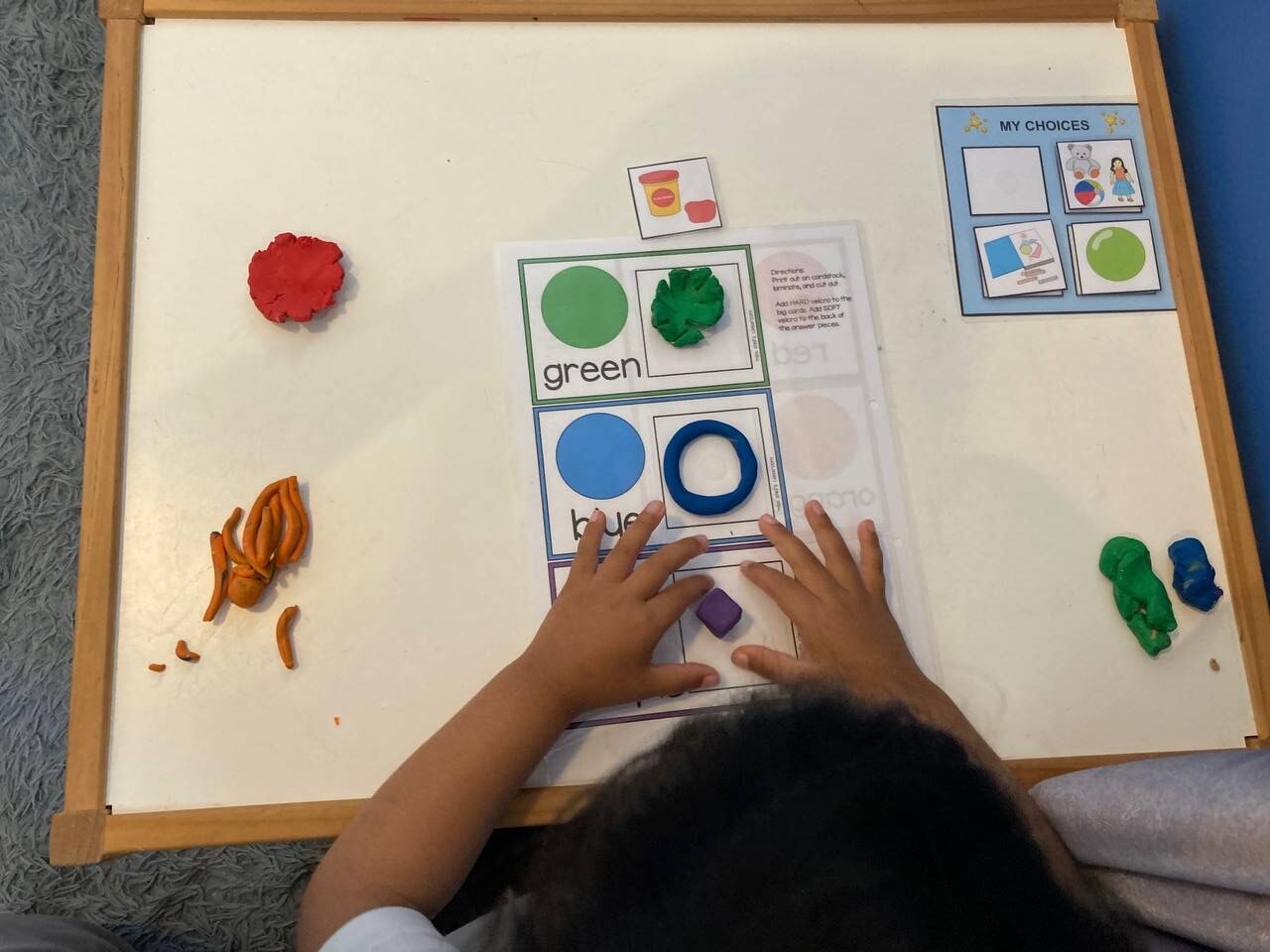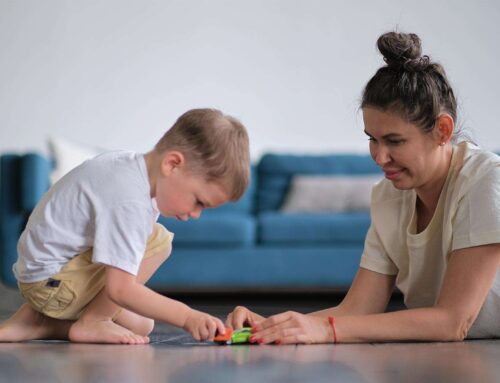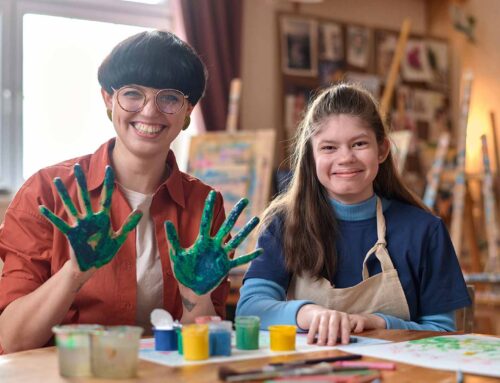From boosting creativity and fine motor skills to promoting relaxation and even aiding cognitive development, let’s explore five unexpected benefits of playing with play dough.
1. Fine Motor Skill Development: The act of squishing, rolling, pinching, and shaping play dough strengthens the small muscles in the hands and fingers. This improved dexterity plays a crucial role in various everyday tasks, such as handwriting, buttoning clothes, and using utensils. For children, this early development can translate into better performance in school and increased independence in daily activities.
2. Sensory Exploration and Integration: Playdough engages multiple senses, providing a rich, multi-sensory experience. Its varied textures (smooth, bumpy, squishy) and bright colors stimulate tactile and visual senses, respectively. Additionally, incorporating scented play dough or essential oils can further expand the sensory experience. This multi-sensory engagement can be particularly beneficial for children with sensory processing challenges, helping them learn to integrate and respond to various sensory inputs.
3. Creativity and Imagination Boost: Play dough’s limitless possibilities for shaping and molding encourage imaginative expression. Children can create anything from animals and vehicles to abstract sculptures and imaginary creatures, fostering their creativity and problem-solving skills. This open-ended play allows them to experiment, take risks, and express themselves freely, boosting their confidence and sense of self.
4. Emotional Regulation and Stress Relief: The repetitive motions involved in manipulating play dough can be calming and therapeutic. Squeezing and squishing it can serve as a healthy outlet for releasing tension and frustration, contributing to emotional regulation. This stress-relieving property makes play dough beneficial not only for children but also for adults seeking a mindful activity to manage stress and anxiety.
5. Communication and Social Skills Development: When playing with play dough in groups, children learn to collaborate, share materials, and negotiate roles. They might create scenes together, tell stories through their creations, or simply take turns using tools and molds. This collaborative play fosters communication skills, teaches them about turn-taking and cooperation, and lays the foundation for developing strong social bonds.





Leave A Comment